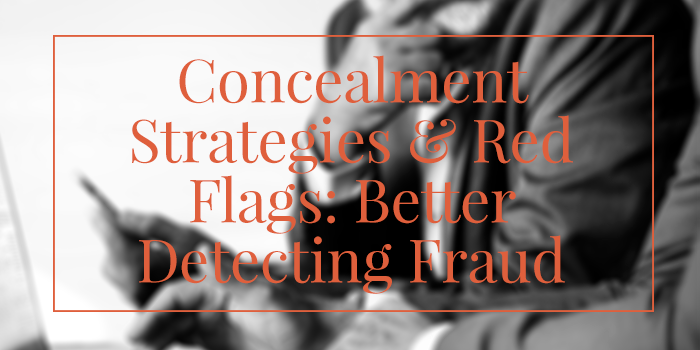Using Fraud Auditing to Detect Shell Company Fraud Schemes
The last two blogs were an esoteric discussion on fraud auditing using either a principal-based approach or a rule-based approach. With this blog, we'll launch into the practical use of fraud auditing. By way of example, we will look at how to detect shell company fraud schemes perpetrated against your company. Remember, our goal is to make audit the number one reason for fraud detection.







